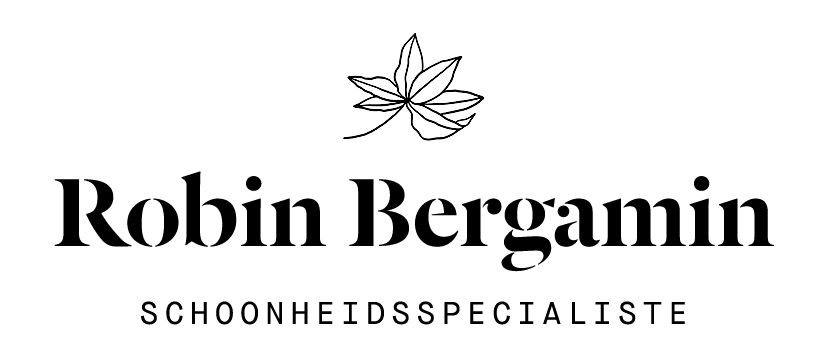Skin care ingredients
There is so much skin care on the market, but how do you know when a product is natural and what effect does an ingredient have? What do all these different ingredients do to your skin barrier and how do you notice that your skin is addicted?
Ingredients to avoid!
Mineral oils are a waste product of the petrol/petroleum industry.
If you use products that contain mineral oils, your skin is addicted to this substance. Mineral oils can be compared to candle wax and lays a layer over your skin that closes the skin. Your skin (our largest organ) receives the signal that there is sufficient sebum and will therefore produce less sebum itself, resulting in dry skin. After showering, the skin can feel very tight and then you quickly reach for your cream, which puts you in a vicious circle. Your skin keeps asking for the cream and that keeps your skin dry.
Cera microcristalina
Ceresin
Microcrystalline wax
Mineral oil
Ozokerit
Paraffin liquid
Paraffinum Subliquidum
Petrolatum (Vaseline)
Silicone oil is made from silicon, a mineral compound that is abundant in nature in the form of silica, the main component of sand. Silicone is a compound of silicon, carbon and oxygen. These different types of chains provide different forms of silicone, from small molecular to large molecular. Silicone is synthetic materials and it is rubbery and unbreakable material. This closes the skin and has the same effect on the skin as mineral oils.
Dimethicone
Cyclomethicone
Cyclopentasiloxane
Cyclohexasiloxane
Fragrances are allergenic and disrupt the skin barrier. In addition to allergic reactions, perfume can also cause pigment spots. In addition, perfume is used in many of our care products or detergents, which creates a build-up and can sometimes cause allergic reactions as a surprise.
Fragrance
Fragrance Blend
Perfume
Perfume Blend
perfume
Balsam of Peru
Preservatives disrupt the skin barrier and therefore the microbiome. The skin barrier protects the skin against all external influences. A healthy skin barrier retains sufficient moisture, ages less quickly and glows with health. When preservatives are used, the skin loses moisture, the pathogens can disrupt the skin, cell renewal is reduced and your skin looks dull. In particular, avoid parabens, which are hormonal preservatives that disrupt the hormone balance.
Benzoic acid
Butylparaben
Chlorhexidine
Ethyparaben
Formaldehyde
Methylisothiazolinone
Methyparaben
Phenoxythanol
sodium benzoate
Triclosan
Synthetic UV filters are highly allergenic but can also cause skin cancer.
Benzohenone-3
Homosalate
Octocrylene
Octyl methoxycinnamate
Oxybenzone
Foaming agents are foaming substances that remove the good fats from the skin. These also affect the skin barrier. The protection of your skin is deteriorating and I strongly advise you to avoid these substances.
Sodium Laureth Sulfate SLES
Sodium Lauryl Sulfate SLS
Allergens are highly allergenic substances that affect the skin barrier.
Cocamidopropyl Betaine
Eucerit
Lanolin (Wool Fat)
Polyethylene Glycol (PEG)
Propylene Glycol
Ingredients to use!
Antioxidants neutralize the free radicals that cling to our skin in the outside air. Free radicals damage our cells and tissues and antioxidants counteract oxidation.
Ascorbyl Palmitate
Rooibos extract
Tocopherol
Natural vitamins stimulate cell renewal, improve wound healing, strengthen collagen levels, protect the skin against UV rays, etc.
Vitamin A Retinyl Palmitate
Provitamin B5 Panthenol
Vitamin C Ascorbyl Palmitate
Vitamin E Tocopherol
Vegetable oils are rich in fatty acids and nourish the skin barrier. Certain oils have an anti-inflammatory effect, contain many antioxidants, restore & soothe the skin.
Argan oil
Baoba oil
Jojoba oil
coconut oil
Macadamia oil
Marula oil
Rosehip oil
Sesame oil
Shea butter
Evening primrose oil
